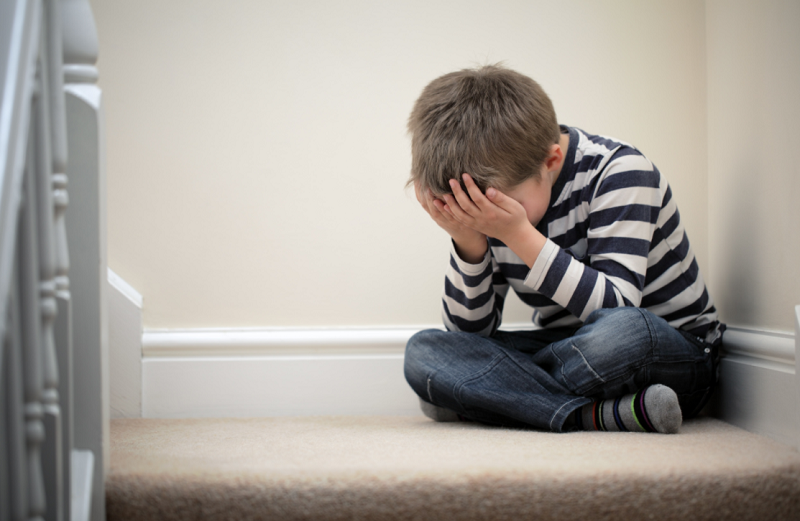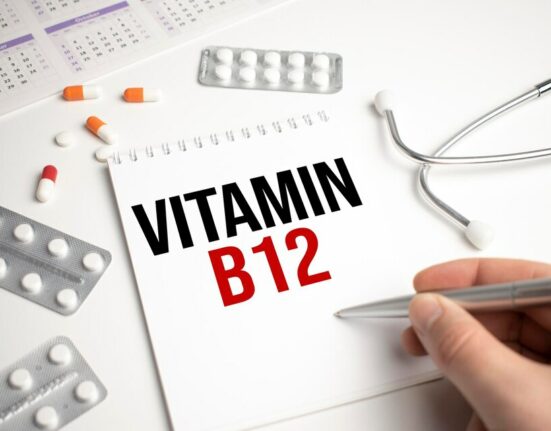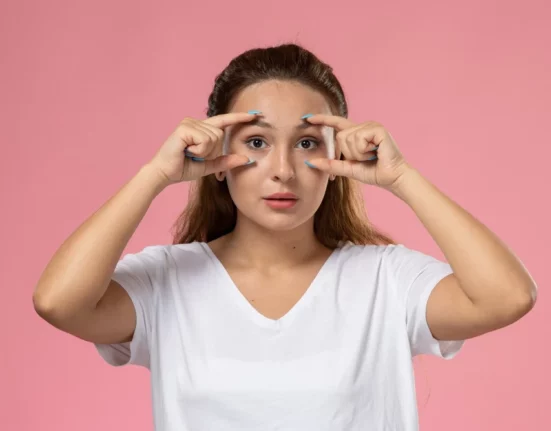It is normal if your child does not feel happy once or twice a week as anything can cause a disturbance. But parents must take notice when their kids seem persistently sad and do not show any interest in any activity.
Psychiatrists say that childhood depression is real and parents should help their kids to grow in a secure environment. Pediatricians say that childhood depression should be treated early as it can affect the future.
A survey reveals that the number of children who are suffering from mental health issues has been increasing. Fortunately, mental health issues in kids can be treated by different techniques.
How Researchers Differentiate Depression In Children?
Childhood depression is different from what you experience every day. If your child reacts to a specific object or a person less often, it refers to a normal situation. But a child who persistently goes with the same condition needs medical help.
A child feels helpless and hopeless. Such unending sadness can disrupt the future of the kid. It can affect everything, including friendship, school activities, peer relationships, etc.
Causes of Childhood Depression
There are no specific reasons that cause childhood depression. Researchers are still looking for the reasons as they are unknown yet.
But the causing factors could relate to physical health or it can be caused by the environment, life events, family history, biochemical disturbance, etc.
How to Learn If Your Child Is Suffering From Childhood Depression?
Parents spend most of their time with their kids. They can notice every little change that occurs in their kids’ behavior. Sometimes, parents are unable to diagnose depression that can affect their growth and future.
Here are some signs and symptoms that can help the parents to learn if their kid is a victim of childhood depression or not.
- Changes in sleep
- Impaired concentration
- Irritability
- Anger
- Loss of interest in doing activities
- Social withdrawal
- Fatigue
- Increased sensitivity to rejection
- Physical conditions, like headache, etc.
- Suicidal thoughts
- Crying
- Feeling guilty
- Sudden increase or decrease in appetite.
- Do not stay active for long
- Poor performance in school and home activities
Not every kid experiences the same symptoms of childhood depression. Some of the kids start using drugs or other substances to deal with their depression. A survey reveals that a few children do not show any signs of depression.
Many kids begin smoking over age 12. An analysis reveals that more than 20% of kids attempt suicide to overcome depression.
Mental health issues that are related to physical and sexual abuse lead to an increase in suicidal thoughts. Boys are more common who attempts suicide and are most likely to kill themselves at the very first attempt.
What Triggers Your Childhood Depression?
Girls at age 16, are more prone to depression, and boys under 10 are common victims of this mental health issue.
A family history of depression also puts your child at risk of being a victim of depression. Bipolar is a disease that is also a sign of depression and also common in younger children.
Attention deficit hyperactivity disorder (ADHD) is a disorder that appears with bipolar conditions.
How to Prevent Childhood Depression?
Children with a family depression history are at risk of developing depression. A conflicted family is also a reason that can put your child at risk of depression. Experts believe that kids who abuse alcohol and drugs are also at risk. The best way to protect your children from childhood depression is to give them a secure environment that can help in their positive mental health growth.
Being a close person to your kids is also a good practice to learn how they feel and what is disturbing them. Once they begin sharing personal stuff with you, it will be easy to evaluate things.
Final Thought
Psychotherapy and medications are also the best ways to treat childhood depression. Parents should not avoid the early symptoms in children, like persistent angry behavior, etc. as it can bring more effective treatment results.






